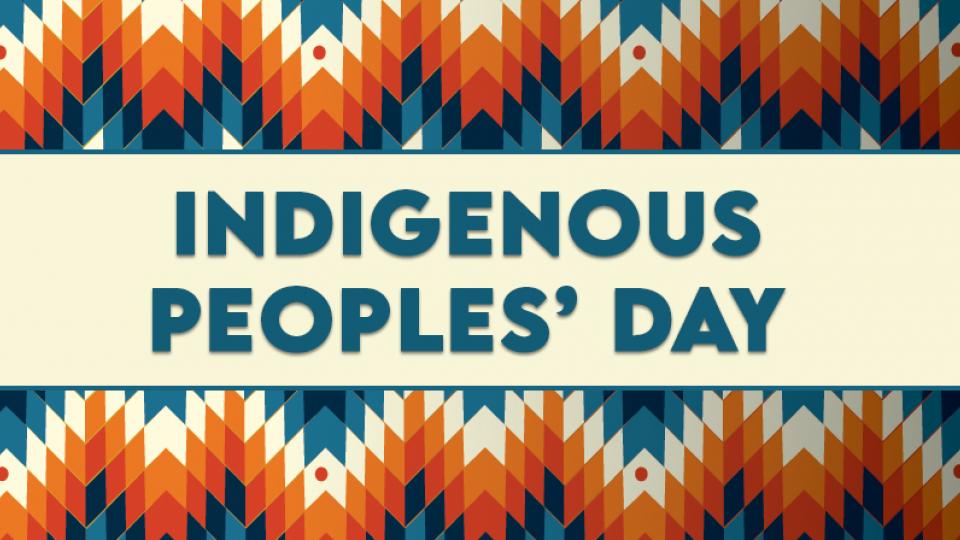
The Biden administration is the first to officially recognize Indigenous Peoples Day on October 11, 2021. The holiday, which coincides with Columbus Day, is a holiday that celebrates Native American peoples and commemorates their histories and cultures. The holiday is also an opportunity to reveal historical truths about colonialism and the genocide and oppression that Native Americans faced. The White House also released an official statement on its website which addressed and honored the history and positive impact that Native Americans have had on the country, and officially declared the holiday in the U.S.
“For generations, Federal policies systematically sought to assimilate and displace Native people and eradicate Native cultures,” Biden wrote in the Indigenous Peoples’ Day proclamation. “Today, we recognize Indigenous peoples’ resilience and strength as well as the immeasurable positive impact that they have made on every aspect of American society.”
White House press secretary Jen Psaki told AP that Biden “felt strongly” about recognizing Indigenous Peoples Day. Asked if Biden might seek to end marking Columbus Day as a federal holiday, she replied, “I don’t have any predictions at this point.”
“For generations, Federal policies systematically sought to assimilate and displace Native people and eradicate Native cultures,” Biden wrote in the Indigenous Peoples’ Day proclamation. “Today, we recognize Indigenous peoples’ resilience and strength as well as the immeasurable positive impact that they have made on every aspect of American society.”
The holiday is one that can be a time for reflection on history, celebration of tribal cultures, or research and education into Native American peoples.
The holiday was first proposed in 1977 at the United Nations conference by Indigenous peoples, and South Dakota was the first state to officially recognize the holiday beginning in 1989. “What these changes accomplish, piece by piece, is visibility for Native people in the United States,” Mandy Van Heuvelen, cultural interpreter coordinator at the Smithsonian’s National Museum of the American Indian told NPR. “Until Native people are or are fully seen in our society and in everyday life, we can’t accomplish those bigger changes. As long as Native people remain invisible, it’s much more easier for people to look past those real issues and those real concerns within those communities.”





